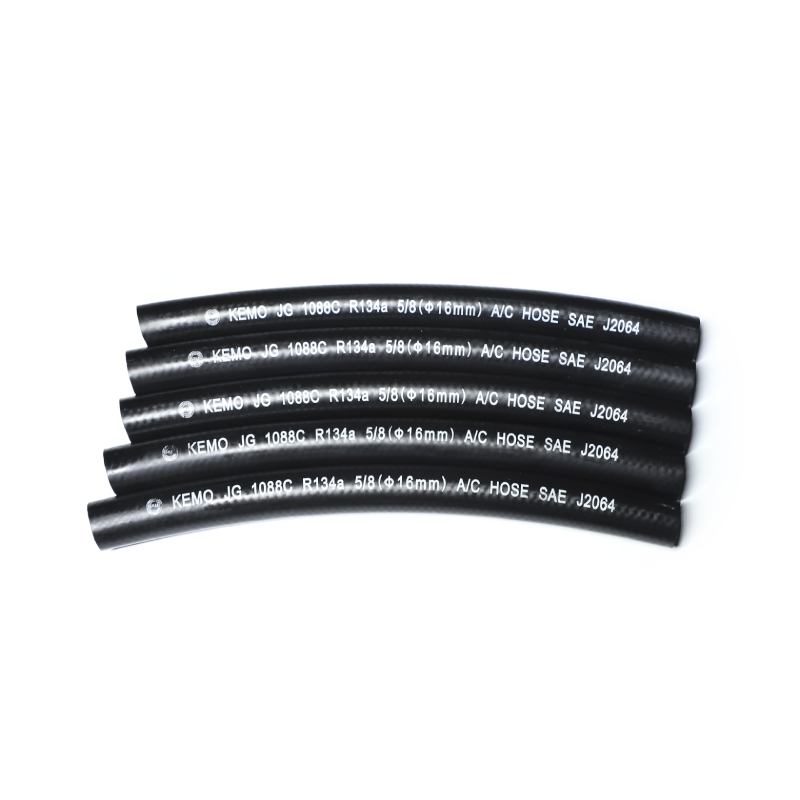High-Quality Gas Fuel Line Hose for Reliable Performance
Sep . 07, 2024 16:52 Back to list
High-Quality Gas Fuel Line Hose for Reliable Performance
Understanding Gas Fuel Line Hoses Essential Components for Your Vehicle
Gas fuel line hoses are critical components in automotive systems, designed to transport fuel from the tank to the engine. Understanding their function, composition, and maintenance is essential for vehicle owners and mechanics alike, as these hoses play a vital role in the overall performance and safety of the vehicle.
Fuel line hoses are often made from a variety of materials, including rubber and various synthetic compounds. These materials are engineered to withstand high pressures, temperature fluctuations, and exposure to harsh chemicals found in fuel. A high-quality fuel line hose is typically reinforced to provide additional strength and durability, ensuring that it maintains its integrity under the demanding conditions of the engine environment.
One of the critical aspects of gas fuel line hoses is their ability to prevent leaks. Fuel leaks can lead to severe safety hazards, including fire risks and environmental contamination. Therefore, regular inspection of fuel line hoses for signs of wear, such as cracks or swelling, is crucial. If any damage is detected, the hose should be replaced immediately to prevent potential accidents or engine performance issues.
gas fuel line hose

Installation of gas fuel line hoses requires attention to detail
. It's essential to use the appropriate type and size of hose to ensure a proper fit within the fuel system. Improper installation can lead to leaks or disconnections, causing fuel inefficiency and potentially harming the engine. Additionally, using high-quality clamps and fittings is necessary to secure the hoses effectively and prevent any movement that could lead to wear over time.Maintenance of gas fuel line hoses includes periodic checks and cleaning. Owners should consider using fuel additives to keep the fuel system clean and help minimize the risk of deposits forming on the hoses. Furthermore, ensuring that the fuel lines are routed correctly, away from heat sources and moving parts, will significantly enhance their longevity.
In modern automobiles, advancements in technology have led to the development of fuel line hoses that offer improved resistance to high temperatures and aggressive fuels. However, regardless of the advancements, basic understanding and maintenance of these hoses remain vital to ensuring vehicle safety and efficiency.
In conclusion, gas fuel line hoses are indispensable for the proper functioning of any vehicle. Regular inspections, maintenance, and timely replacements contribute significantly to the vehicle's performance and safety. By prioritizing these aspects, vehicle owners can ensure a reliable and efficient fuel system, promoting optimal engine performance and longevity.
